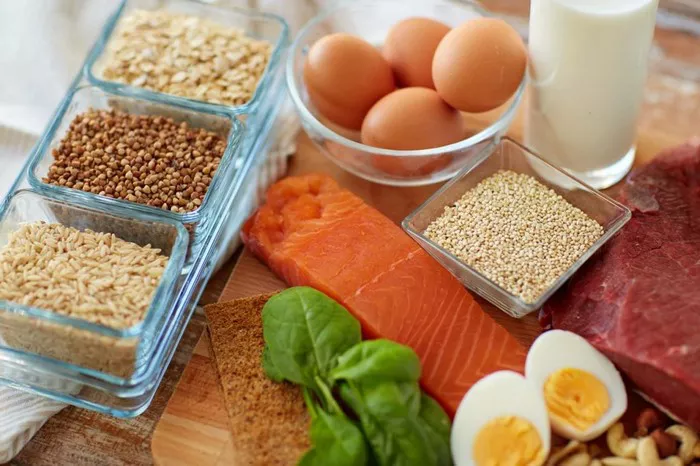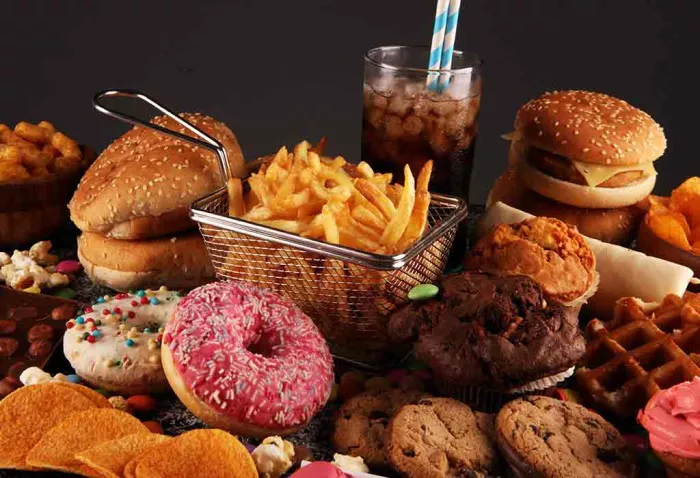Weight loss is a complex and multifaceted process influenced by diet, exercise, metabolism, genetic factors, and more. Although no magic pill can replace a healthy diet and regular physical activity, certain vitamins and minerals can play supportive roles in weight management. This comprehensive article explores the relationship between specific vitamins and weight loss, examining how these nutrients can help optimize metabolism, enhance energy levels, and support fat burning processes.
Understanding the Role of Vitamins in Metabolism
Before delving into specific vitamins beneficial for weight loss, it’s essential to understand the role these nutrients play in overall metabolism. Metabolism refers to all the chemical processes in the body that maintain living cells and organisms. Vitamins and minerals do not directly cause weight loss but can help correct deficiencies that may hinder metabolism, thereby potentially aiding in weight management.
Vitamin D: The Sunshine Vitamin and Weight Management
1. Vitamin D and Its Impact on Body Fat
Vitamin D, often referred to as the “sunshine vitamin,” has been linked to various health benefits, including its potential role in weight management. Research suggests that vitamin D may help reduce the accumulation of fat in the body and enhance weight loss when combined with a calorie-controlled diet.
2. How Vitamin D Influences Fat Cells
Studies indicate that vitamin D might influence the storage and formation of fat cells and help regulate energy balance and metabolism. Higher blood levels of vitamin D are associated with reduced fat accumulation and improved metabolic markers in overweight and obese individuals.
3. Sources and Supplementation
The body primarily produces vitamin D through exposure to sunlight. However, it can also be obtained from dietary sources such as fatty fish, fortified dairy products, and supplements. Considering the prevalence of vitamin D deficiency, supplementation may be beneficial, especially in individuals with limited sun exposure.
B Vitamins: Essential for Energy Metabolism
1. Overview of B Vitamins
The B vitamins, including B1 (thiamine), B2 (riboflavin), B3 (niacin), B5 (pantothenic acid), B6 (pyridoxine), B7 (biotin), B9 (folate), and B12 (cobalamin), play critical roles in energy metabolism. They help the body convert dietary energy into ATP (adenosine triphosphate), the energy currency of cells.
2. B Vitamins and Weight Loss
B vitamins are essential for metabolizing carbohydrates, fats, and proteins. Adequate levels ensure the body can efficiently utilize the energy provided by food, which is crucial for maintaining an active lifestyle and supporting weight loss efforts.
3. Dietary Sources
B vitamins are widely available in a variety of foods such as whole grains, meat, eggs, dairy products, legumes, seeds, nuts, and dark leafy vegetables. A well-balanced diet typically provides adequate amounts of these vitamins, although supplementation may be necessary in some cases, such as strict vegetarians or individuals with absorption issues.
Vitamin C: Antioxidant Support for Fat Loss
1. Vitamin C’s Role in Weight Loss
Vitamin C is not only a powerful antioxidant but also essential for the synthesis of carnitine, a molecule necessary for the transport of fatty acids into mitochondria for energy production. By supporting this process, Vitamin C may indirectly aid fat burning, particularly during exercise.
2. Enhancing Weight Loss Efforts with Vitamin C
Studies have shown that individuals with adequate vitamin C levels burn more fat during moderate exercise compared to those with insufficient levels, suggesting that this vitamin might enhance the fat-loss benefits of physical activity.
3. Rich Sources of Vitamin C
Citrus fruits, strawberries, kiwi, bell peppers, dark green leafy vegetables, and tomatoes are excellent sources of vitamin C. Ensuring sufficient intake from these foods or considering supplementation can be beneficial for those looking to enhance weight loss efforts.
The Role of Iron and Magnesium in Weight Loss
1. Iron’s Importance in Metabolic and Physical Activity
Iron is crucial for producing hemoglobin, which helps carry oxygen to muscles and other tissues, facilitating fat burning and energy production during exercise. Iron deficiency can lead to anemia, resulting in fatigue and reduced physical performance, which can hinder weight loss.
2. Magnesium: Supporting Cellular Reactions
Magnesium participates in over 300 biochemical reactions in the body, including those involved in energy metabolism. Adequate magnesium levels are necessary for proper function of the enzymes that drive metabolic pathways, potentially supporting weight loss.
3. Sources and Importance of Adequate Intake
Good sources of iron include red meat, poultry, lentils, and fortified cereals, while magnesium can be found in nuts, seeds, whole grains, and green leafy vegetables. Ensuring adequate intake of these minerals can support metabolic health and weight loss.
Conclusion: Integrating Vitamins into a Weight Loss Strategy
While vitamins themselves do not cause weight loss, they play crucial roles in metabolic processes that can support weight management. A nutrient-rich diet combined with a balanced intake of essential vitamins can help optimize metabolism, enhance energy production, and improve overall health, contributing to more effective weight management. For those unable to meet their nutritional needs through diet alone, supplementation may be considered under the guidance of a healthcare professional. Ultimately, combining these nutritional strategies with regular physical activity and healthy eating remains the cornerstone of effective weight loss and long-term health maintenance.
[inline_related_posts title=”You Might Be Interested In” title_align=”left” style=”list” number=”6″ align=”none” ids=”7875,8078,7950″ by=”categories” orderby=”rand” order=”DESC” hide_thumb=”no” thumb_right=”no” views=”no” date=”yes” grid_columns=”2″ post_type=”” tax=””]

































